Faculty
The faculty members who lead our MSW and DSW programs, both the online format and on the ground, are part of Tulane because they are masters in the field and always working to find ways to make it better—more accessible, more compassionate, more focused on social justice. As researchers, they are pioneers, and as instructors, they are passionate and student-focused. Get to know a few of our faculty members below by learning a bit more about their research interests, backgrounds, and projects.
Get to Know Us

Susan Davies, PhD, MEd
Dr. Susan Davies comes to us from the University of Alabama at Birmingham, where she directed their CDC-funded Prevention Research Center and had scientific appointments in seven other centers, including their Center for AIDS Research (CFAR), Minority Health Research Center (MHRC), and Center for Clinical and Translational Sciences. She has led twelve studies as PI and served as co-PI or Investigator or numerous others.
Her research focuses on reducing HIV/STI’s and unintended pregnancy among adolescents, and promoting maternal mental health, particularly among those living in poverty. Her expertise in intervention development and evaluation has led to multiple interdisciplinary research projects and collaborations. She has studied HIV and its prevention from many perspectives, including reducing sexual risk behaviors among early adolescent girls; reducing secondary transmission of HIV among women living with HIV; identifying community barriers to HIV prevention among disenfranchised African American young adult males; and increasing family functioning of mothers and families affected by HIV.
More recently, her work has examined family patterns and neighborhood factors associated with adolescent risk and resilience. She has been a mentor on five K-awards for junior faculty members of various disciplines, in Medicine, Surgery, Public Health, Nursing and Psychology. She has chaired 15 dissertation committees and served on more than 40 others of students from many different departments across campus.

Rick Ager, MSW, PhD, LCSW
Dr. Ager’s major areas of interest and research expertise are substance abuse, treatment outcome, family practice, and teaching/training counselors and students in evidence-based practices. As Director of the Porter Cason Institute, Ager facilitates the development and provision of training in advanced family practice to students, faculty and community practitioners. As Director of the Center for Life Long Learning, Ager brings in expert speakers to provide workshops to help social workers keep abreast of current practices in the field. Ager’s current research interest focuses on adapting an evidence-based practice employed in substance abuse to intimate partner violence. Dr. Ager’s teaching background includes clinical and community practice, organizational theory, family practice, human behavior and the social environment, qualitative research, and addictions.
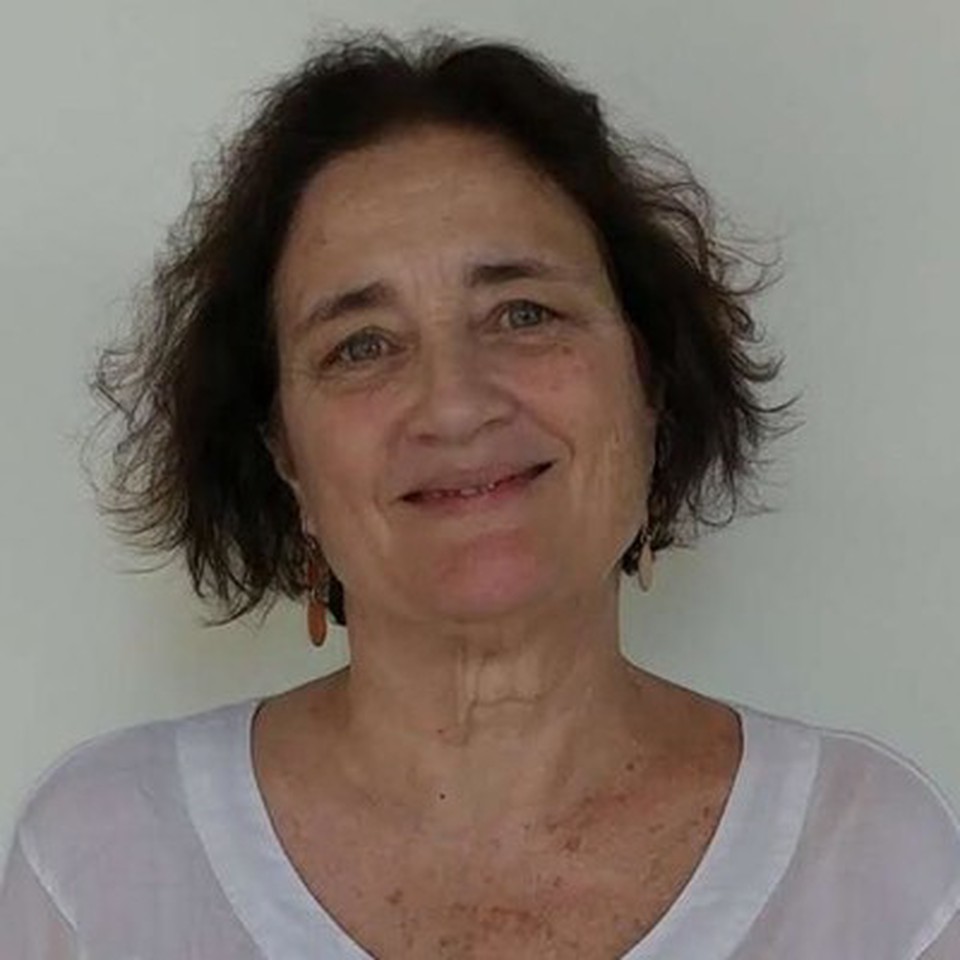
Stephanie Baus, MSW, PhD, LCSW
Dr. Baus has practice experience in clinical social work, clinical supervision, research and administration. She currently teaches in the areas of critical thinking, team building, evidence-based practice, knowledge generation in social work (qualitative and quantitative research methods), data analysis and preparing students to complete the professional project. Her primary research interests are adult cognitive development and learning innovations in social work education, and curriculum development and evaluation.

Patrick Bordnick, PhD
Dr. Bordnick believes that technology has an important role to play in making social work and its services more broadly accessible. He developed and tested virtual reality equipment and software programs for assessing drug and alcohol craving, and is working in other ways to use virtual reality on smartphones to bridge the gap between the clinic and the real world. His research background includes various interdisciplinary collaborations in public health, psychology, social work, pharmacology, and medicine.
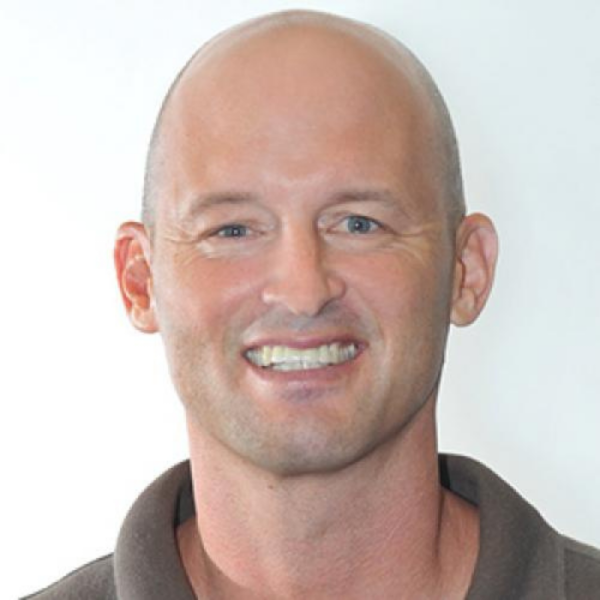
Fred Buttell, PhD, LCSW
Fred Buttell is a Professor in the School of Social Work at Tulane University in New Orleans, LA, where he also holds faculty appointments in the Tulane Schools of Medicine and Public Health & Tropical Medicine. He joined the Tulane University faculty in 2002, after spending five years on the faculty of the University of South Carolina.
Dr. Buttell’s main research interest involves understanding the causes and consequences of family violence, with a particular emphasis on Intimate Partner Violence, and he has more than 100 peer-reviewed publications in that field. His most recent publications explore the relationship between IPV and disasters. He has been active in program development while at Tulane and has developed and administered three new degrees programs in his time there: an undergraduate program in Social Policy & Practice (in partnership with the School of Liberal Arts); a Ph.D. program in City, Community & Culture, conferring degrees in Social Work, Sociology & Urban Studies (in partnership with the Schools of Liberal Arts and Architecture); and the Doctorate in Social Work.
Dr. Buttell was appointed to Chair the Social/Behavioral IRB by Tulane’s VP of Research in 2013 and is the only social work faculty member to chair an IRB at AAU institutions. He has served as an expert witness dozens of times in criminal proceedings for Tulane’s Domestic Violence Law Clinic and the Women’s Prison Project.
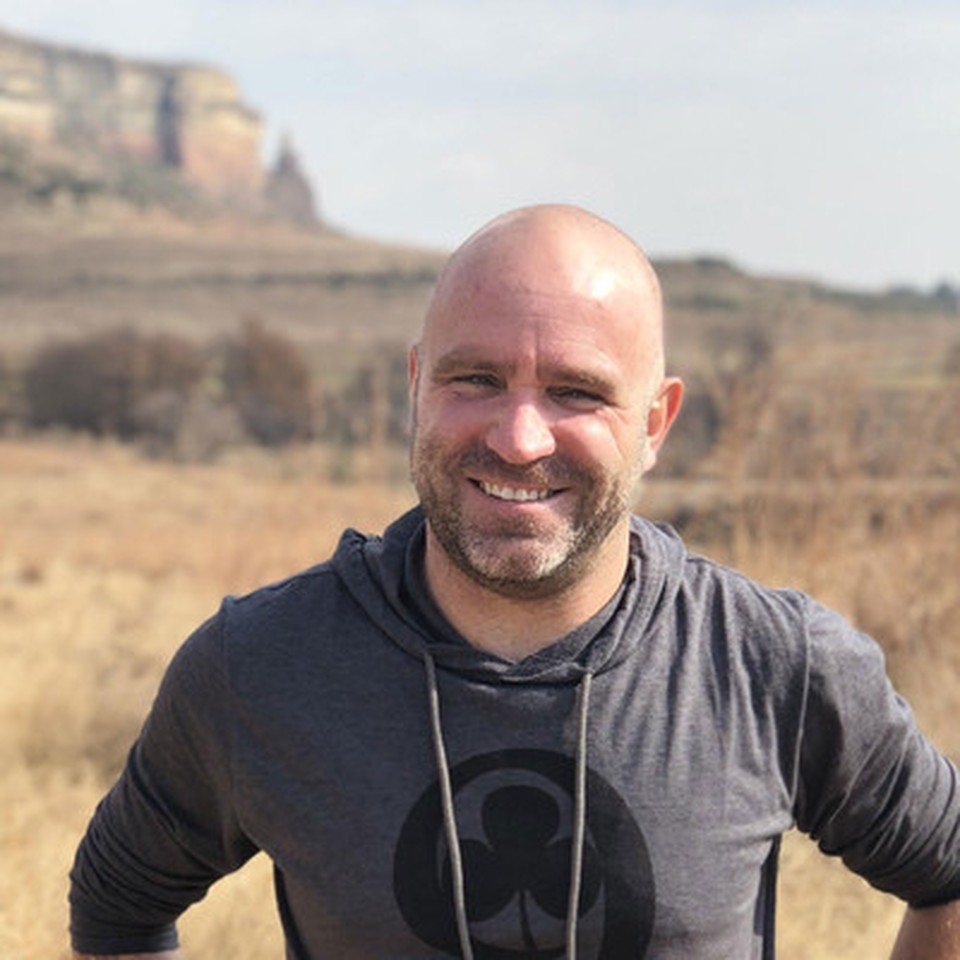
Reggie Ferreira, PhD
Dr. Ferreira is currently devoting deep study to Louisiana’s disaster resilience before and after Katrina. He is responsible for leading many active research projects at Tulane, and some of his other notable projects include the Consortium for Resilient Gulf Communities (CRGC) through a grant from the Gulf of Mexico Research Initiative, a study on the Deepwater Horizon oil spill, and the North American Domestic Violence Intervention Program Survey.
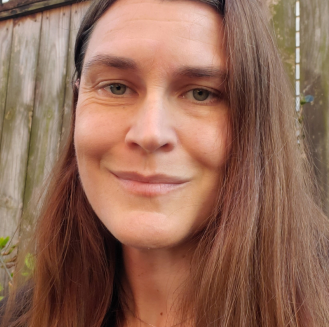
Lindsay Fields, JD, MSW, LCSW
Lindsey Fields, JD, MSW, LCSW is the Director of Field Education and Clinical Assistant Professor at Tulane School of Social Work. Lindsey graduated Clark University Cum Laude in 2001, Loyola University New Orleans School of Law in 2009, and earned her MSW from Tulane University School of Social Work in 2018. Lindsey is currently enrolled in Tulane’s Doctorate of Social Work program and expects to earn her doctorate in December 2023.
After finishing law school and passing the Louisiana state bar exam, Lindsey clerked for a judge in a district court of general jurisdiction in southern Louisiana. Following the Deepwater Horizon Oil Spill, Lindsey began representing individuals and businesses negatively affected by the disaster, with a focus on oyster harvesters. After collecting monetary awards for clients, Lindsey came to realize that she wanted to be able to assist her clients in ways that were not exclusively financial and began looking for other ways to help.
In 2017 Lindsey entered the MSW program at Tulane School of Social Work and, after completing the program with honors in 2018, began providing individual counseling and case management services to those affected by opioid addiction.
Lindsey returned to TSSW in 2020 as a Senior Program Manager in Field Education and worked facilitating field placement for students, liaising with field placement agencies and working to support students in all aspects of the field training experience that is crucial to Social Work pedagogy.
In 2022 Lindsey joined the Academic Affairs department as MSW Program Manager. In this role she worked on course scheduling, addressing program-level academic questions and certifying students for graduation.
Lindsey’s research interests include the intersection of social policy and legislation and its impact on underserved communities; ethics training for social work professionals and students; and the impact of secondary trauma on legal and social work practitioners.
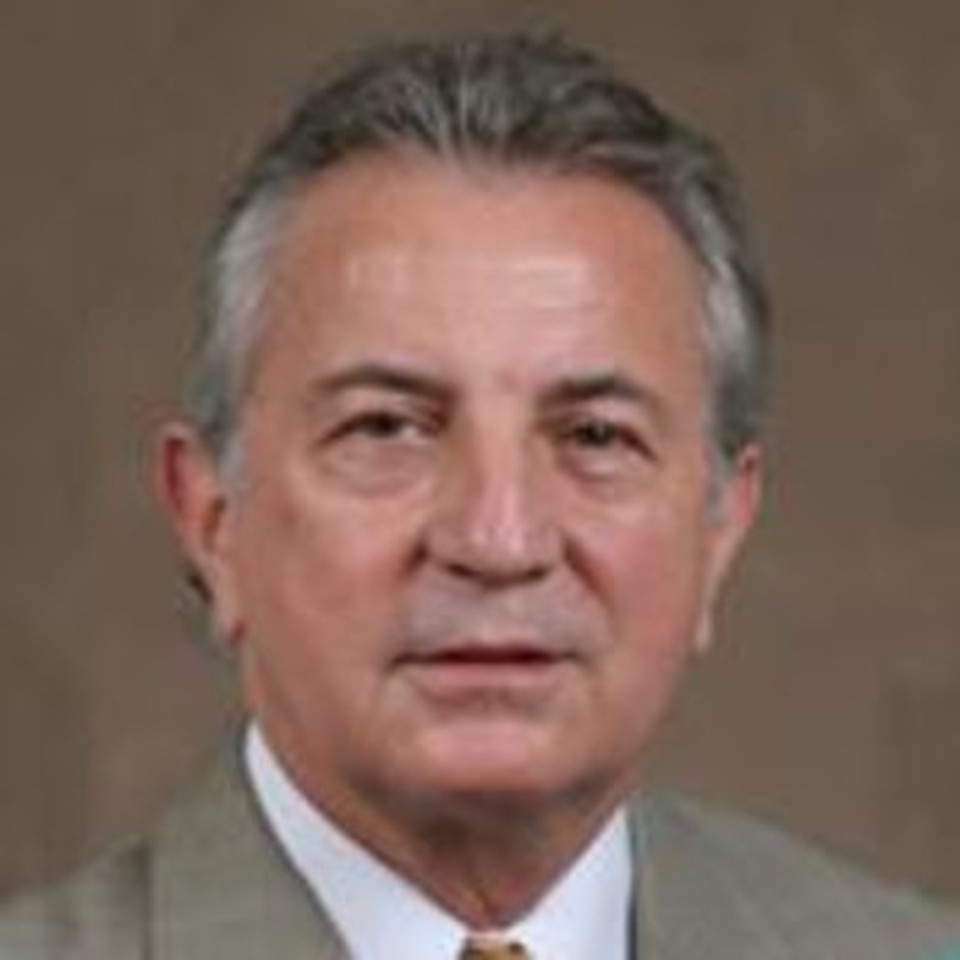
Charles R. Figley, PhD
Dr. Figley was named the Paul Henry Kurzweg Chair in Disaster Mental Health at Tulane University in 2008 when he joined the faculty as its senior professor from Florida State University. At FSU Professor Figley served as the senior professor in the area of trauma and Director of the PhD Program in Marriage and Family. Dr. Figley brought his Traumatology Institute to Tulane, which was recognized as the best program of its kind by the University Continuing Education Association in 2000.
Dr. Figley attained full professor status in 1983 at Purdue University with a joint appointment as professor of psychological sciences. Dr. Figley established the renowned Purdue University Family Research Institute and established two Journals as Founding Editor, the Journal of Psychotherapy and the Journal of Traumatic Stress. In 1995 became Founding Editor of Traumatology, the International Journal. Also Dr. Figley is founding editor several book series (e.g., the Innovations in Psychology book series with Taylor & Francis).
Currently, Dr. Figley is editor of the oldest book series on trauma (established in 1978), the Psychosocial Stress Book Series. He has published more than 200 scholarly works including 26 books and 130 refereed journal articles. Collectively, his work reports on more than 37 research projects focusing primarily on traumatic stress and resiliency of individuals, families, and communities. This latest book published in 2013, First Do No Self Harm: Understanding and Promoting Physician Stress Resilience (Oxford University Press) was highly praised by the American Psychological Association. He is working on two more books with contracts from Columbia University Press and Oxford University Press, both to be published in 2019.
He is an elected fellow of five of the leading national professional associations and received many other honors in recognition for his scholarship.
Dr. Figley is the recipient of numerous lectureships and other honors throughout the world including Northern Ireland, South Africa, England, Australia, Canada, and universities through the United States. He was awarded a senior Fulbright Research Fellowship to conduct research in Kuwait in 2004 and follow-up on work that was started in 1992, shortly after the liberation from and end of the occupation by Iraq. In 2004, Dr. Figley was named lifetime Alumni Fellow by the Pennsylvania State University, the highest honor awarded to its graduates. Most recently, Figley was honored by the John Jay College of Criminal Justice in New York with an honorary degree in June 2014 in recognition of his career-long achievements in social justice for the traumatized.

Maurya Glaude, MSW, PhD, LCSW
Maurya Glaude is an assistant professor at Tulane School of Social Work. She attended Texas Southern University for her undergraduate studies in psychology and completed her MSW at Tulane School of Social Work. For almost seven years, she provided behavioral and administrative social work services in non-profits and parish government in the Greater New Orleans area. She served as a mental health responder after Hurricane Katrina and was instrumental in developing and implementing protocols for evacuation and sheltering of St. Charles Parish residents in response to Hurricanes Rita, Gustav and Ike. After completing her Ph.D. studies at the University of Houston with support from a SAMHSA funded Council on Social Work, MFP doctoral fellowship, Glaude returned to New Orleans. Her research interests include adolescent mental health, improving accessibility of continuing care services for adolescents experiencing substance use disorders, and innovative social work teaching methods.
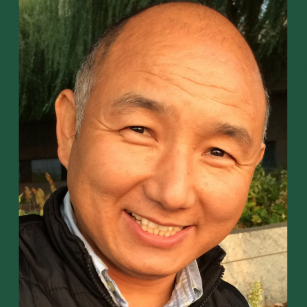
Ngawang Legshe, DSW, LCSW-BACS
Dr. Ngawang Legshe, DSW, LCSW-BACS, is an educator, psychotherapist, and clinical supervisor. He was ordained by H.H. the Dalai Lama, was a Tibetan Buddhist monk for more than 20 years, and was a Kahn Buddhist fellow at Smith College. He has developed and taught cross cultural courses on social welfare, social movement, and mindfulness at Tulane University since 2005. He was the Louisiana ACT Director for RHD. He offers evidence-based multi-faceted treatment modalities to improve and optimize psycho emotional and mind-body balance. Compassion focused therapy, psycho-dynamic psychotherapy, T.E.A.M cognitive therapy, dialectical behavioral therapy methods are used to decrease symptoms and improve quality of life for adolescents, couples, families and groups. He has conducted wellness workshops and retreats using Buddhist psychology and psychoanalysis.
His research interests are program evaluation, evidence-based practice, chronic mental illness, addiction, complex trauma, dual diagnosis, death and dying, mind body practices with evidence-based clinical interventions, social movement, community-based NGOs, and innovative programs for vulnerable populations.
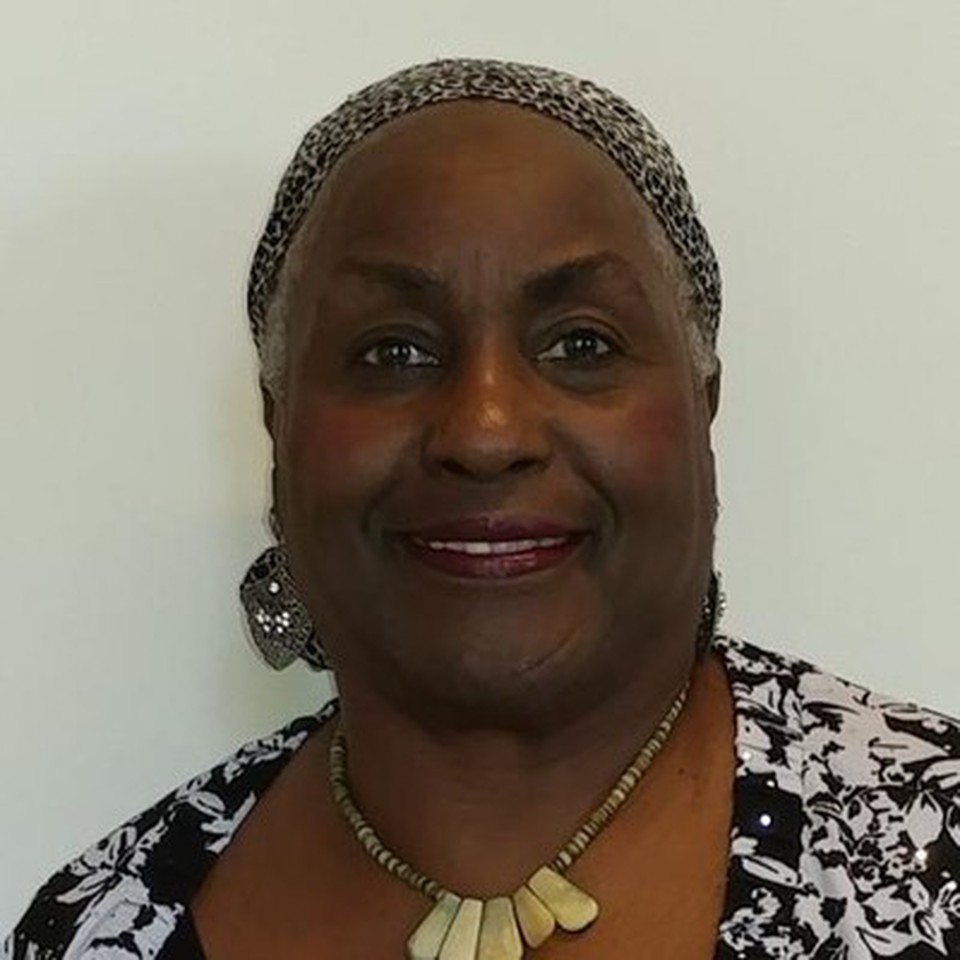
Marva Lewis, PhD
Dr. Lewis’ program of research focuses on the development of culturally valid research methods and measures of racism-based stress during pregnancy, Colorism in African American families, and parental acceptance or rejection of children. Specifically her basic and applied research includes:
Basic research on racism-based stress as an unrecognized factor in racial disparities in perinatal infant outcomes in African American women. Applied research using narrative therapy techniques and measures to strengthen African American family intergenerational relationships based on issues of Colorism as a legacy of the historical trauma of slavery. The prevention and reduction of child abuse and neglect and strengthening parent-child attachment through the use of the hair combing task, and a parent-education curriculum, Talk, Touch & Listen While Combing Hair, for use with a community-based parent support group using visualization methods and peer support, infant mental health concepts and techniques.
The development of an evidenced-based tool for use by individuals, organizations, and groups on the topic of Diversity, Privilege and Oppression.
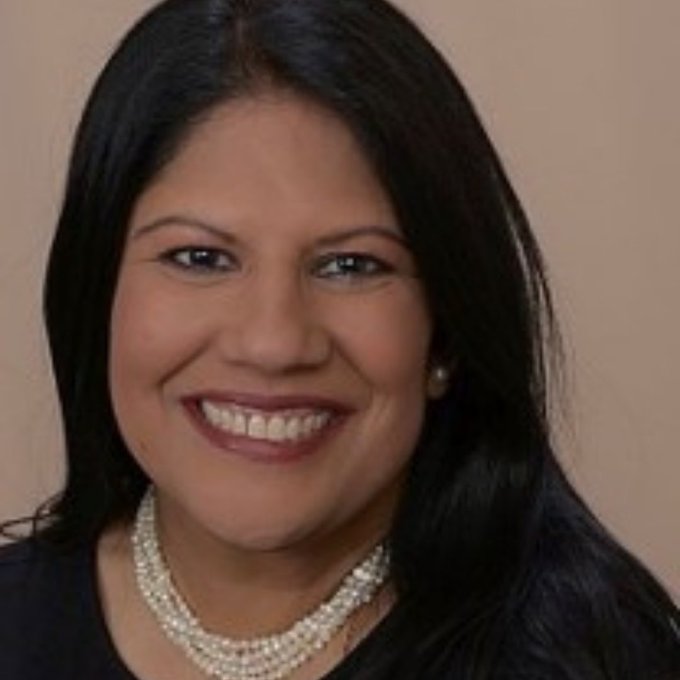
Kathy Oquelí McGraw, PhD, MPH, LCSW, LAC, LPP
Dr. Kathy McGraw is the President and CEO of McGraw and Associates, LLC, a mental health, forensic, life coaching, substance abuse, crisis intervention, and alternative dispute resolution (ADR) firm. Dr. McGraw works with children and their families through three programs in the Metropolitan New Orleans, the Bayou Region, and the River Region areas. The three programs are the Collaborative ADR Institute of Louisiana, the Employee Assistance Behavioral Health Institute, and the Institute for Families, Parenting, and Children. She has a PhD and a Master of Social Work (MSW) from Tulane’s School of Social Work. She has a Master of Public Health (MPH) in Maternal and Child Health and Community Health Sciences from Tulane’s School of Public Health and Tropical Medicine. She is a Licensed Clinical Social Worker (LCSW), a Licensed Addiction Counselor (LAC), and a Licensed Prevention Professional (LPP).
Dr. McGraw is certified in military / post-combat behavioral health and specializes with deployment and reintegration issues. She is a qualified juvenile, delinquency, family, and custody mediator trained by Loyola Law School’s Mediation Program. She has provided mediation services through numerous programs, including the Louisiana Supreme Court’s Children Advocacy Mediation Project. She is a qualified child custody evaluator and parenting coordinator (PC). She was appointed by the Louisiana Supreme Court to the Louisiana State Law Institute’s Parenting Coordination Committee, and co-wrote the Louisiana statutes for parenting coordination. She was also on the committees, which revised the mediation statutes for domestic and family mediation (L.R.S. 9:334) and juvenile and delinquency mediation (Children Code 439) in Louisiana. She is trained in the collaborative divorce model and has provided services as a child specialist and a coach. She has been honored to be listed in the Louisiana State Bar Association’s Journal titled, “Who’s Who in ADR” numerous times including the years of 2011, 2012, 2013, 2014, 2015, and 2016.
Dr. McGraw has facilitated workshops focused on the trauma recovery process for adults, children, and communities after a disaster. She has worked extensively with families, school teachers and counselors, first responders, and community organizers in the areas of conflict and dispute resolution, anger management, relationships, and communication skills needed after life traumas. She has also facilitated several city-wide meetings in New Orleans organized by AmericaSpeaks and the United New Orleans Plan (UNOP) to aid in the recovery and rebuilding of New Orleans and the surrounding communities after hurricanes and flooding events. Dr. McGraw wrote and contributed chapters to two books, “A Guide to Getting Vibrant and Lasting Relationships” and “101 Great Ways to Improve Your Life, Volume 2.”

Catherine O’Connor, PhD
Dr. McKinley joined the Tulane School of Social Work in 2013. Her research focuses primarily on health disparities among indigenous peoples. She has published over 25 peer-reviewed journal articles on the subject, and she has also presented at over 30 international and national conferences. She was the recipient of the National Institutes of Health loan repayment program, and she has worked with federally funded research programs to explore how to effectively address health disparities and violence among Indigenous peoples using culturally appropriate and relevant intervention efforts.
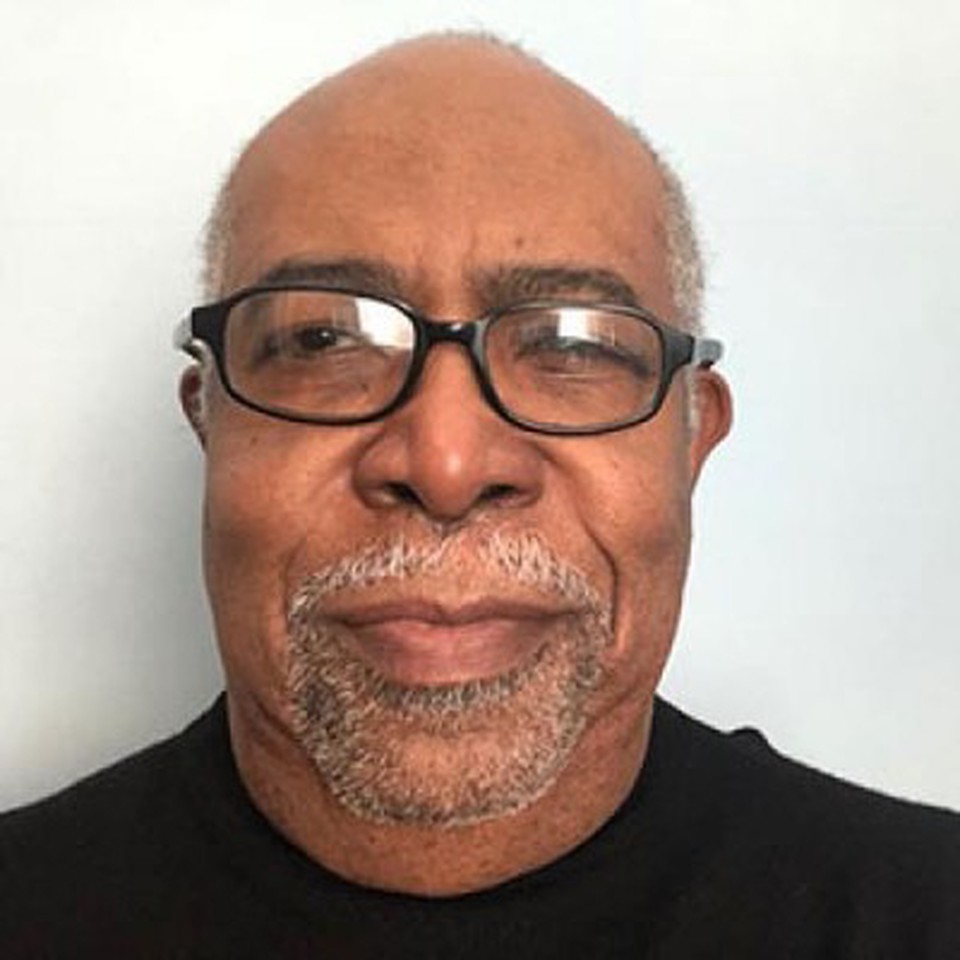
Reginald Parquet, PhD, MSW
Dr. Parquet is a Professor at the Tulane University School of Social Work where he has taught for the past 19 years. He has taught graduate courses in research, professional development, advanced practice methods, human behavior theory, youth violence, diversity and social justice, capstone, and field practicum. Dr. Parquet also teaches two undergraduate courses, “Guns and Gang” and “Booze, Pot, Coke, Crystal Meth: PolyDrug Abuse among College & Inner-City Residents,” that are the two largest classes on Tulane’s campus. Dr. Parquet has served as Superintendent of Louisiana Training Institute-East Baton Rouge, the largest juvenile correctional facility in the state of Louisiana, Director of the Division of Institutions, Office of Juvenile Justice and statewide Director of the Mental Health Rehabilitation Program. He is a licensed clinical social worker, board approved clinical supervisor, and has over thirty-eight years of experience in the field of behavioral health providing clinical, administrative, and programmatic leadership. He has been designated a court expert witness in mental health and substance abuse. He serves on numerous boards and committees and has had multiple program responsibilities for designing, implementing, evaluating, managing, and overseeing statewide programs. His current research interests are in community mental health, substance abuse, youth violence, and mental health issues affecting at-risk populations utilizing a strengths perspective and capacity building.

Leia Saltzman, PhD, LMSW
Leia Y. Saltzman joined the Tulane community in 2017 after completing her post-doctoral training as an Azrieli International Post-Doctoral Fellow at Hebrew University in Jerusalem. She earned her MSW and PhD in Social Work at Boston College. Trained in both qualitative and quantitative methods, Dr. Saltzman’s research uses mixed methodology to explore the process of adaptation in the context of trauma, community violence, and mass disaster. Her previous research has focused on positive adaptation trajectories such as resilience and posttraumatic growth. Currently, Dr. Saltzman’s work explores the role of time in the process of adaptation, with the goal of developing time-informed and sustainable mental health interventions. She is interested in community based research that influences mental health policies and clinical practices with trauma-affected populations in order to promote well-being, build stronger families, and more cohesive communities that can withstand the impact of mass disaster, trauma, and violence.

Tona Zwaniziger, LCSW, MS
Tona Zwanziger is the Interim Assistant Director of Master of Social Work at Tulane University. She received her undergraduate degree from the University of New Orleans with a major in Sociology and Minor in Psychology. She completed ten years of service as a combat medic and first aid trainer with the US Army National Guard where she was activated for several hurricane-related missions. Following hurricane Katrina, she served as the Lead Administrator for the engineering firm managing the Recovery Program for the City of New Orleans. Tona received her Master of Social Work degree with a certificate in Disaster Mental Health as well as a Masters of Science degree in Disaster Resilience Leadership from Tulane University where she was awarded the Tulane 34 Award for her academic and service achievements. Her research work includes evaluating resilience and recovery following the Deepwater Horizon Oil Spill and she published her graduate thesis, Resilience and the Knowledge of PTSD Symptoms in Military Spouses. Tona holds the LCSW licensing credential and provides psychotherapy services in a private practice setting a few hours each week. She is a Reviewer for the Journal of Traumatology, serves as Adjunct Faculty for the MSW and DRLA programs as well as for the undergraduate Trauma Series.